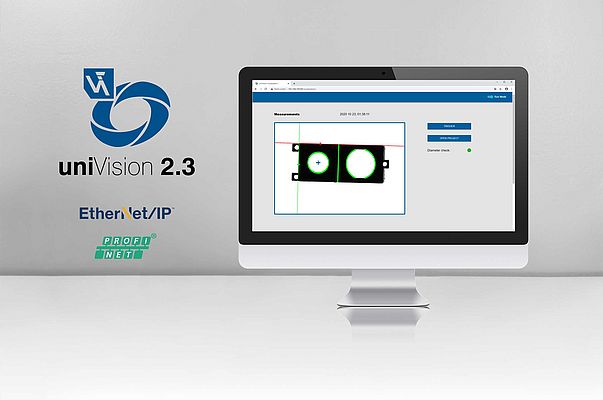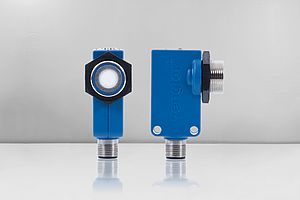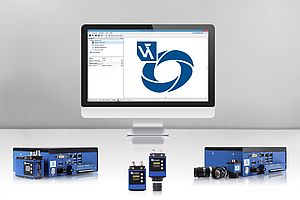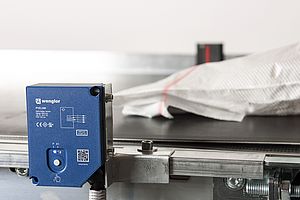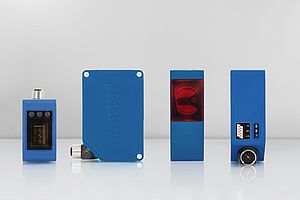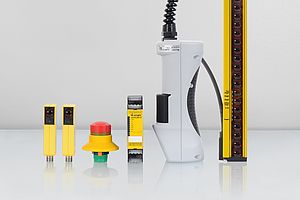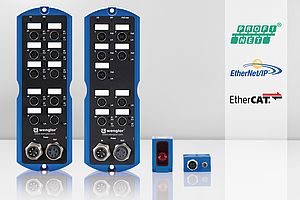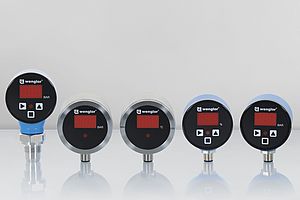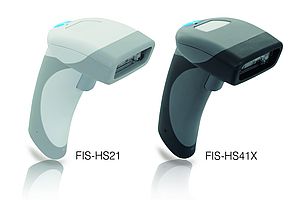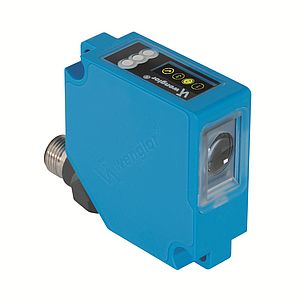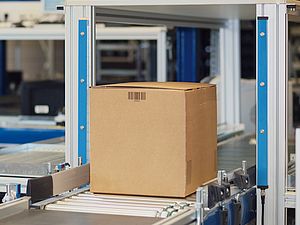Wenglor released the 2.3 version of its uniVision software for two- and three-dimensional image processing. This latest release allows quick and easy integration of Smart Cameras and control units in EtherNet/IP™ controls via the EtherNet/IP™ interface. One of the key features is the new overlays in the web-based visualization of results.
EtherNet/IP™, the open Industrial Ethernet standard developed by the ODVA (Open DeviceNet Vendor Association), is now integrated as an interface in wenglor’s Smart Cameras and control units. Together with the PROFINET interface, which can also be used in combination with these products, it is the most commonly used industrial protocol in the world. According to a HMS study (HMS Industrial Networks GmbH, market shares in industrial networks 2020), both Industrial Ethernet representatives are the market leaders in 2020 with 17 percent each. “This allows us to make our hardware and software technologies available to even more users,” says wenglor product manager Martin Knittel. “We expect even greater access to the North American market in particular, which works predominantly with this technology. Real-time capable protocols are still on the rise – we want to help shape this trend.”
A broad choice of Interfaces for Barrier-Free Image Processing
Results of image and profile evaluations, such as measured values, detected patterns or codes, can be transmitted from the Smart Camera or control unit to the control in real time with this interface. However, it is also possible to send trigger or project load commands and, for example, transmit a match code from the control to uniVision products. This makes seamless communication between the sensor, software and control easier. In addition to the two PROFINET and EtherNet/IP™ real-time protocols, process data can still be output via digital IOs, TCP/IP or UDP.
New Overlays for Web-Based Visualization
Web-based visualization allows the results to be displayed on any device in the browser. This gives users a clear overview of all relevant results – without the need for complex programming knowledge. Until now, users were only able to display points and lines within the image or profile. The new update also offers the option of displaying circles, arcs and coordinate systems as overlays. “This increases the scope of visualization functions even further – and makes it even easier for users to monitor all results at a glance,” says Knittel.
uniVision: The All-in-One Software
The parameterizable uniVision standard software is used to analyze images and height profiles in the field of industrial image processing. Two- and three-dimensional data from Smart Cameras, vision systems and control units with 2D/3D profile sensors can also be evaluated. The software is intuitive and clearly structured like a toolbox. Up to 25 different software modules are available to users in total (e.g. measurement, threshold value, cluster, OCR, pattern matching, tracking etc.), as well as different templates (e.g. to read 1D codes, check presence, detect patterns or to detect colors), depending on the hardware selected.


